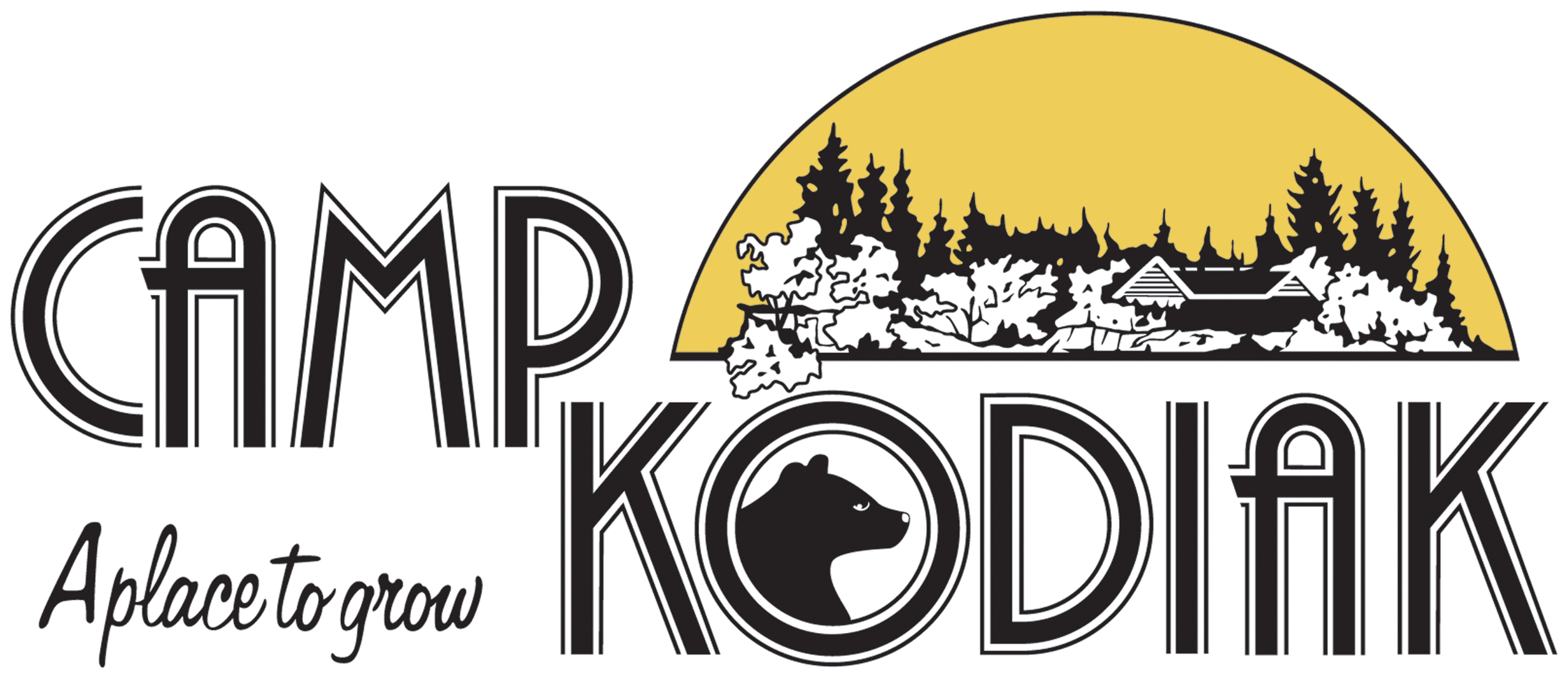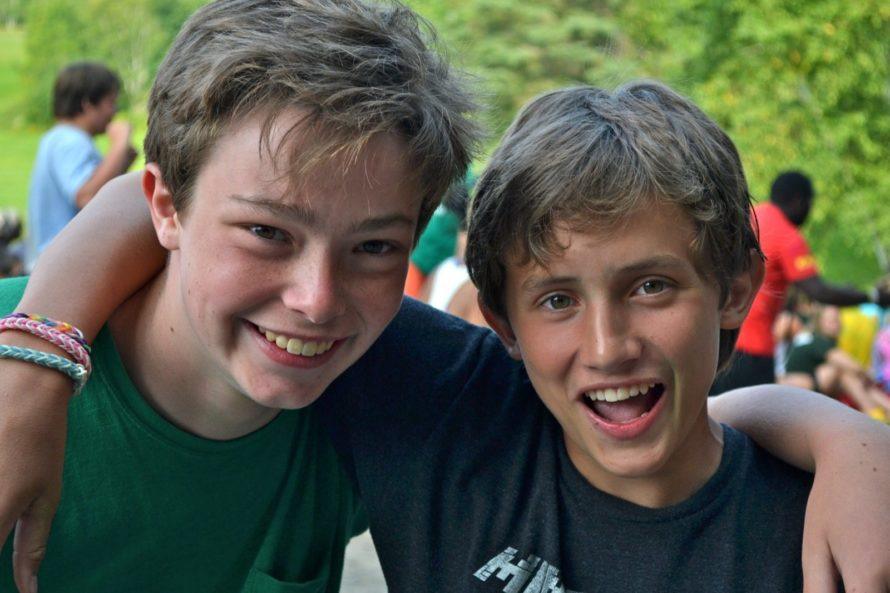A few years ago, with funding from the Ontario Camps Association (OCA), researchers at the University of Waterloo set out to examine the outcomes of the Canadian summer camp experience and answer the question, “What are the benefits of a child attending summer camp?”. As a long-time camp counsellor and camp administrator, I was not surprised to read that summer camp presents a unique opportunity for exponential growth in children. In this study, titled The Canadian Summer Camp Research Project, summer camp was found to promote positive change in five key areas of development:
- Social Integration and Citizenship
- Environmental Awareness
- Attitudes Towards Physical Activity
- Emotional Intelligence
- Self-Confidence and Personal Development
At Camp Kodiak we see each of these areas in action every day of the summer. Indeed, one of our slogans is that camp is “a place to grow”. Ultimately, when unpacking the growth in each of these key areas, we can see that summer camp is one of the best choices that parents can make for their child.
Over the next 5 blog posts I will explore each of these five keys areas and why choosing Camp Kodiak can be your child’s place to grow.
- Self-Confidence and Personal Development
Camp Kodiak is a magical place where our son feels free to be himself.Kodiak Parent
In speaking with former campers (and staff members) at Camp Kodiak and asking what they feel they most gained from their summer camp experience, I often hear comments that reference personal development. They talk about how they discovered their best self at camp; they found their voice; they left camp walking a little taller than when they arrived. I was therefore not surprised that The Canadian Summer Camp Research Project shares:
Extended experiences in a setting away from the familiar atmosphere of their family and school environments offer campers a unique opportunity to develop independence, life skills and self-confidence. […] Working outside their comfort zones but within a safe and supportive environment allows children to take risks and test their own abilities without risking serious physical or emotional harm while at camp. (Glover, 2018)
I often use the metaphor of the comfort zone when I am training staff members in preparation for the summer. The comfort zone for any individual includes any task or activity that causes little to no concern or apprehension; it is the normal and the mundane. For many children, their comfort zone comprises watching shows on Netflix, scrolling through Instagram, and then maybe working on some homework. But it is in stepping outside of the comfort zone that we can see true growth. The area just outside the comfort zone, where it is a challenge, but not one that is insurmountable, is where the magic happens. At Camp we push campers to take steps, however small or large, outside of their comfort zone, so that they can grow as an individual. Shooting an arrow at the archery range or learning how to do a canoe-over-canoe rescue aren’t necessarily skills that can be translated into life at home, but showing a child that they have the ability to take on a new challenge – and conquer it – is a skill that children desperately need.
As the project finds, camp is a perfect and unique environment for a child to increase their self-esteem and independence and come home feeling great about themselves. One of our parents calls this the “Kodiak glow”:
Camp Kodiak is a magical place where our son feels free to be himself. He has formed positive relationships there that persist from year to year. I tell friends that his month at Kodiak is the one month every year that I don’t worry about him! When he comes home, he is more confident, relaxed and has a positive outlook. We call it the ‘Kodiak Glow’. Camp has been a huge blessing in our lives. (Kodiak Parent Survey, 2018)
Choosing camp for your child can be one of the best decisions that you make as a parent. Give them a chance to step outside of their comfort zone, experience the magic of self-growth and discovery, and they too can come home glowing.
Read the other sections of this blog series:
Part One – Social Integration and Citizenship
Part Two – Environmental Awareness
Part Three – Attitudes Towards Physical Activity
Part Four – Emotional Intelligence
Part Five – Self-Confidence and Personal Development
Works Cited:
Gerster, Jane. “Can a ‘Strange’ Event Help Fight Inaction, Screen Addiction in Kids?”
Global News, 19 Aug. 2018,
globalnews.ca/news/4389694/inctive-screen-addicted-kids/.
Glover, Tom, et al. “The Canadian Summer Camp Research Project.” Nov. 2011,
ccamping.org/wp-content/uploads/2012/11/CSCRP-Report-reduced.pdf.
Taylor, Posie. “Camp’s Secret Weapon: Emotional Intelligence and Your Child.” Bay
Area Parent, www.bayareaparent.com/Article/Camps-Secret-Weapon-
Emotional-Intelligence- and-Your-Child/.

